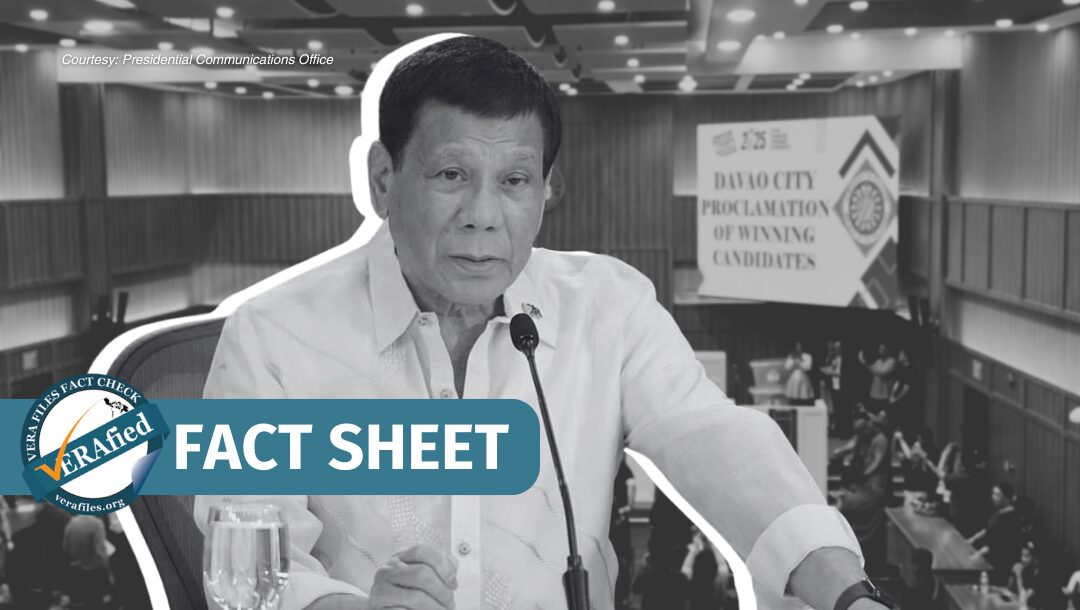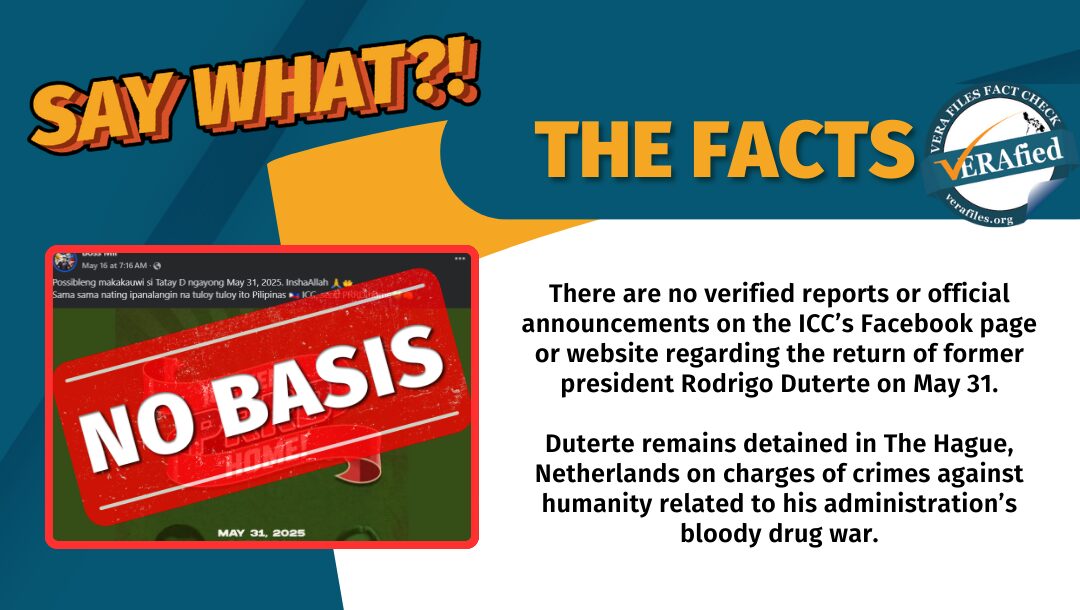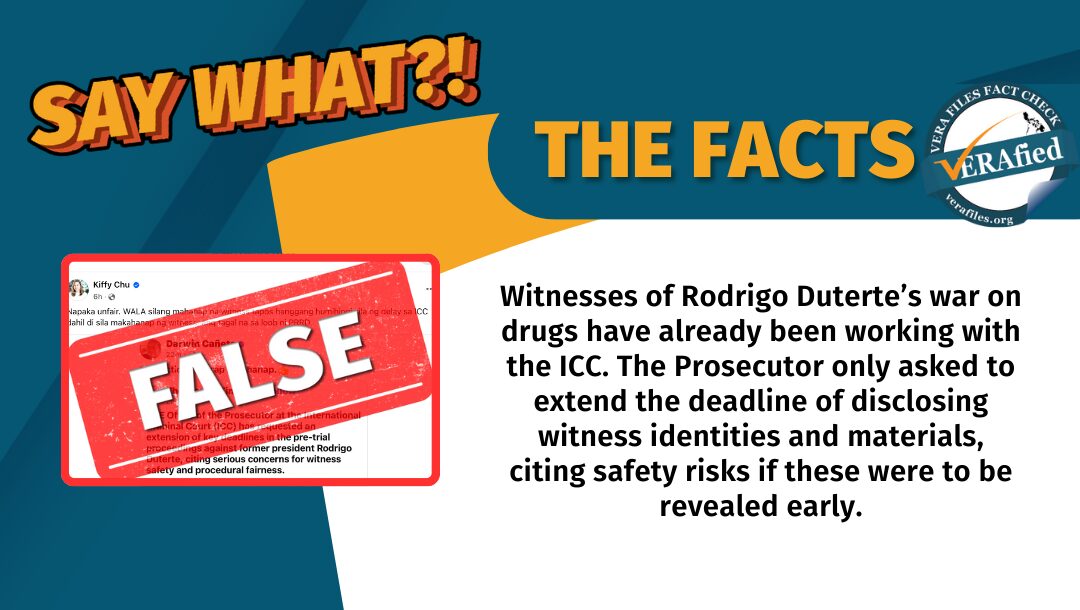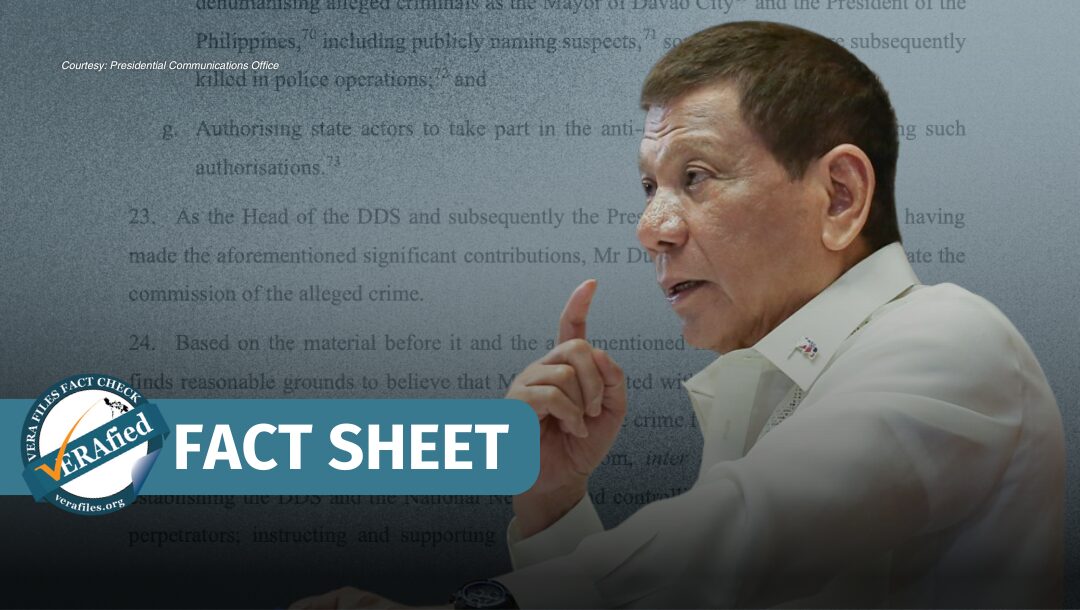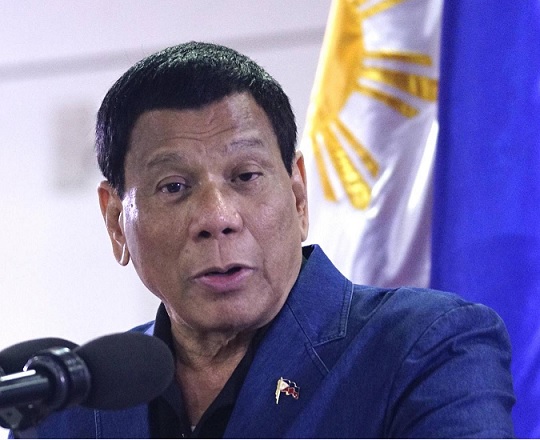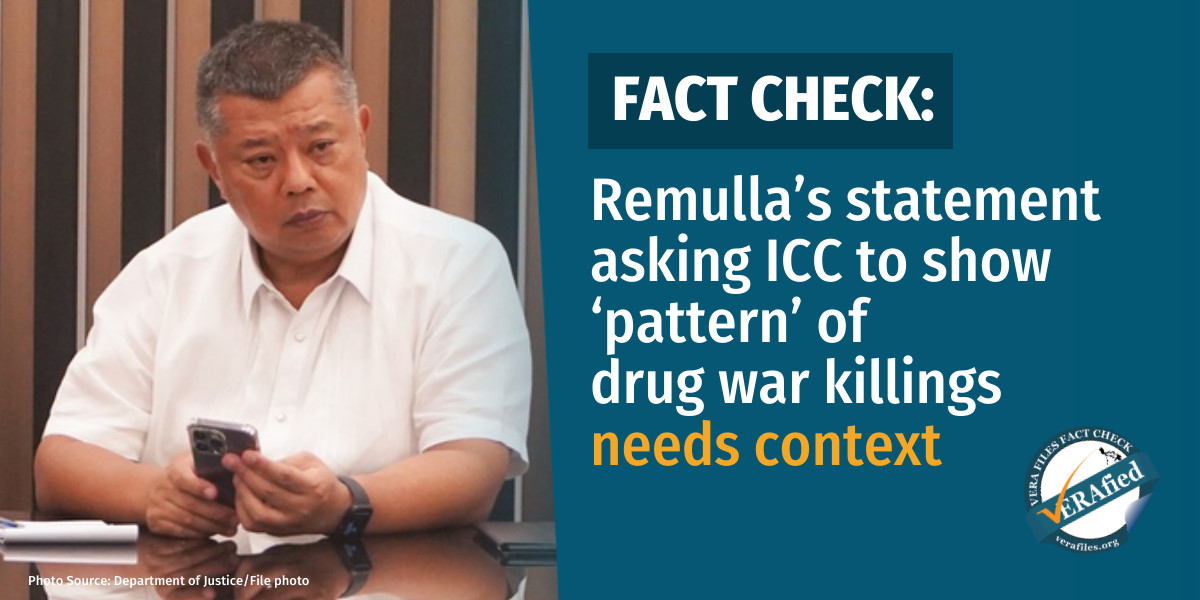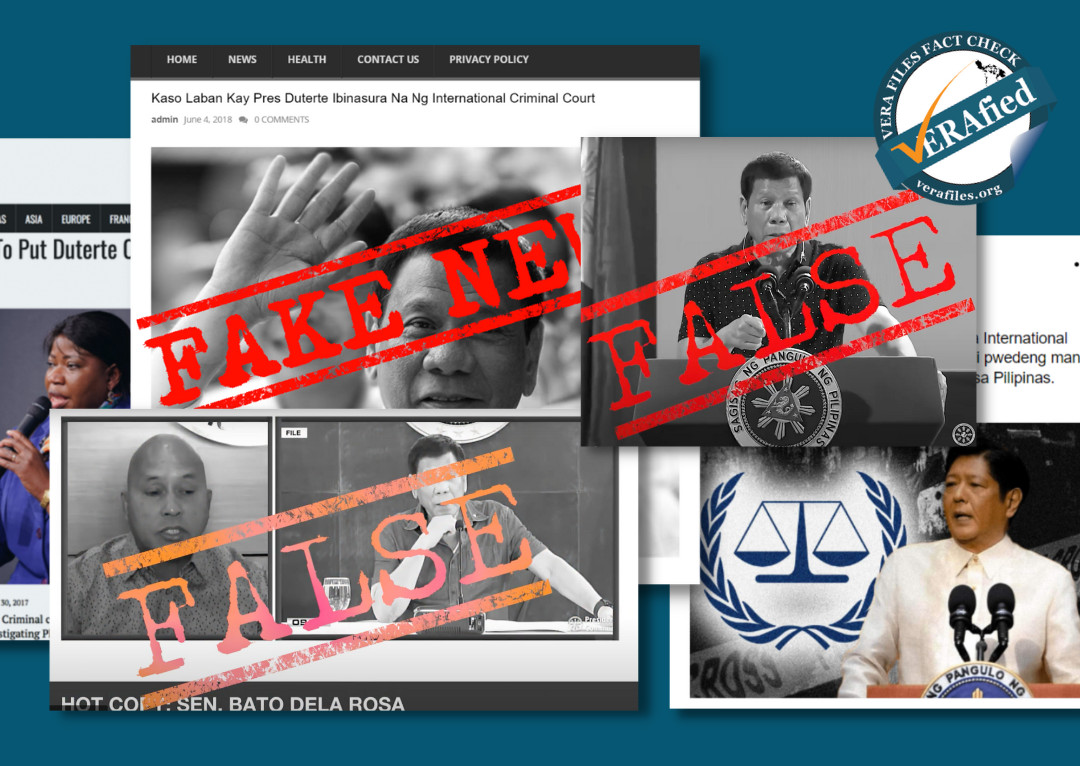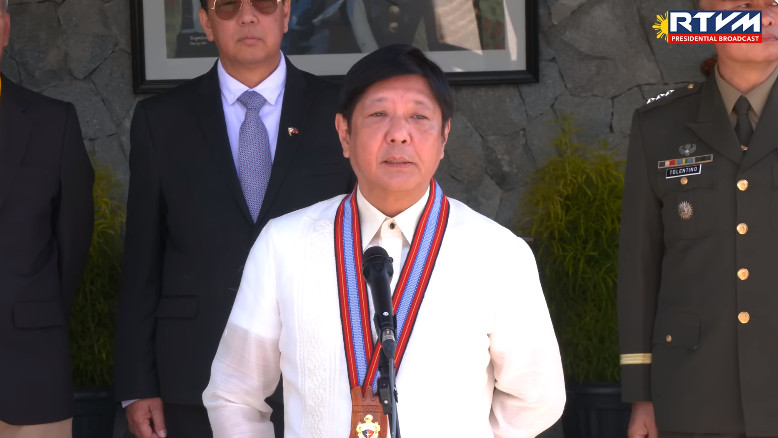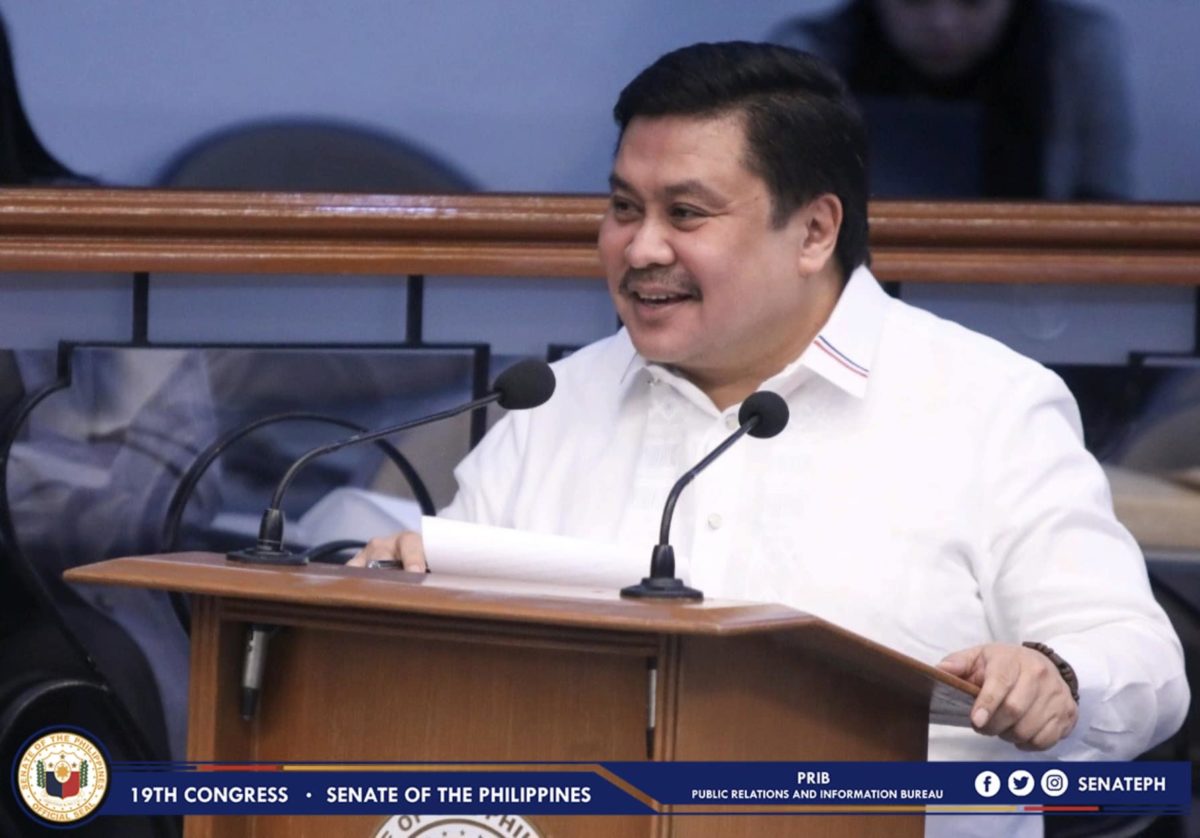Uncertainties continue to float around the election of former president Rodrigo Duterte as Davao City mayor in the May 12 midterm elections. With the mayor-elect still confined in the International Criminal Court (ICC) detention center in The Netherlands, there is a real chance that his son and elected Vice Mayor Sebastian “Baste” Duterte will assume the mayorship.
The 80-year-old former president delivered a landslide victory in his bailiwick with 662, 630 votes, leaving his rival and former Cabinet secretary Karlo Nograles trailing behind at a far second with 80,852 votes.
However, the pending investigation of the ICC on his bloody campaign against illegal drugs created unprecedented hurdles for Duterte to claim his victory.
Duterte was arrested last March 11 and delivered to the ICC in The Hague hours later. On March 14, he was presented to the pre-trial judges, who set the hearing for the confirmation of charges on Sept. 23. As legal processes are ongoing, Duterte remains in the custody of the court.
Here are three things you need to know about the technicalities of this unprecedented situation and how the Duterte dynasty will continue to rule in Davao City:
1. How can Duterte occupy the position he has won?
For elected officials to occupy their positions after winning, they must (1) be proclaimed, (2) take a sworn oath, and (3)assume office, said Tony La Viña, former dean of the Ateneo School of Government, in an interview with Davao Today.
Duterte was proclaimed winner on May 13, a day after the midterm polls, since physical appearance is not a prerequisite.
His oath taking, on the other hand, requires Duterte’s presence and it must be conducted on Philippine soil. La Viña explained that the former president can do this at the Philippine embassy in The Netherlands with a Filipino official administering the oath, such as an ambassador or his daughter, Vice President Sara Duterte.
It is unclear if this can be done in the country’s embassy in The Netherlands, which is considered Philippine territory. The Department of Foreign Affairs did not reply to VERA Files’ query on the matter.
2. Who will decide the fate of the Davao City mayorship?
This setup of a detained person taking an oath of office in an embassy remains only a legal possibility. La Viña said that this arrangement needs the green light of both the ICC and the Marcos government — which seems impossible.
Considering the ongoing political feud between the Marcos and Duterte families, it is unlikely that President Ferdinand Marcos Jr. will approve it, La Viña said. “Why would President Marcos allow it? Why would the ICC permit it, establishing a negative precedent for other detainees?”
Joel Butuyan, president of the nonprofit Center for International Law (CenterLaw) and an accredited lawyer to the ICC, also said in an interview with CNN, “I don’t think he’s (Duterte) going to be allowed to get out just to take office because it’s not in the enumerated rights of an accused in the ICC.”
La Viña also pointed out that the oath cannot be administered through virtual conferencing platforms. Netizens considered the prospect of Duterte remotely working as an absentee mayor from his detention cell in The Hague, but in reality, ICC restrictions would not allow it. Detainees have access to a computer but not to the internet.
Even if the former president somehow successfully takes his oath, the lawyer said Duterte would be unable to meet the third requirement: assume the position. To do so means he would have to physically report to Davao City Hall, he noted.
3. What happens if Duterte fails to assume the position of Davao City mayor?
Replying to a comment on Facebook, lawyer and legislative expert Race Del Rosario said that Nograles, with the second-highest votes, cannot take over the mayorship because no disqualification case has been filed to invalidate Duterte’s certificate of candidacy.
Still, he said that the novelty of the case makes nothing completely certain. “It’s worth noting that the Supreme Court has issued conflicting rulings on political succession in the past,” he said.
In a Facebook post, Del Rosario said that if Duterte is unable to assume his elected position, the mayoral seat will remain vacant. Hence, his son and vice mayor-elect Sebastian Duterte will take over the position of acting mayor.
Further, if the ICC proceedings were to drag on for years, the Department of Interior and Local Government might turn to the president or the local courts to decide if the mayoral post should be considered “permanently vacant,” Del Rosario said.
Section 44(d) of the Local Government Code (LGC) states, “a permanent vacancy arises when an elective local official fills a higher vacant office, refuses to assume office, fails to qualify, dies, is removed from office, voluntarily resigns, or is otherwise permanently incapacitated to discharge the functions of his office.”
Del Rosario emphasized that Duterte’s present situation — detained in an international facility without a conviction — is not within the definition of “permanently incapacitated.”
Nonetheless, “prolonged inability to serve might be interpreted as constructive abandonment, especially if no functions are performed for an extended period,” he said.
Whether or not the former president is able to claim the mayoral seat, Davao City remains in the grip of his obese political dynasty with more than four family members sitting as elected officials, including the vice president, reelected Rep. Paolo Duterte and his wife, Barangay Chairperson January, and several other third-generation Dutertes.
La Viña said Sebastian Duterte will be declared mayor if his father fails to take his oath of office within six months after his proclamation, per Commission on Elections rules.
Consequently, the councilor with the highest vote, his grandchild and namesake Rodrigo “Rigo” Duterte II, with over 192,000 votes, will assume the vice mayor position, according to the Local Government Code.
